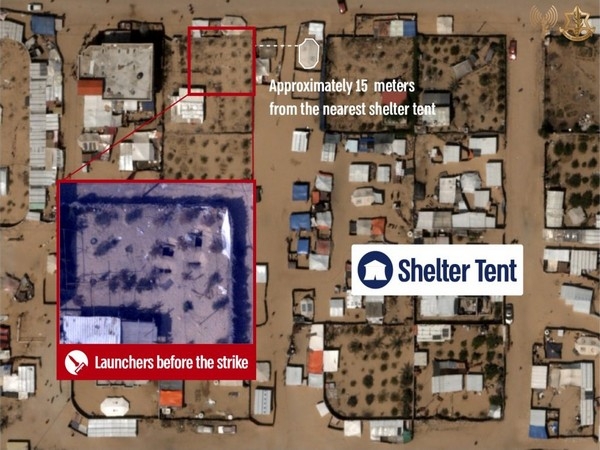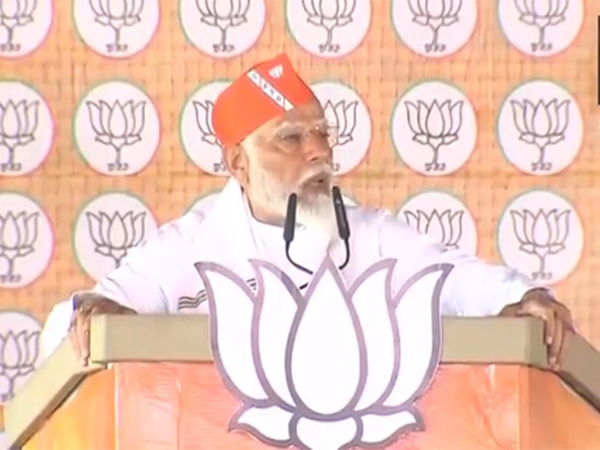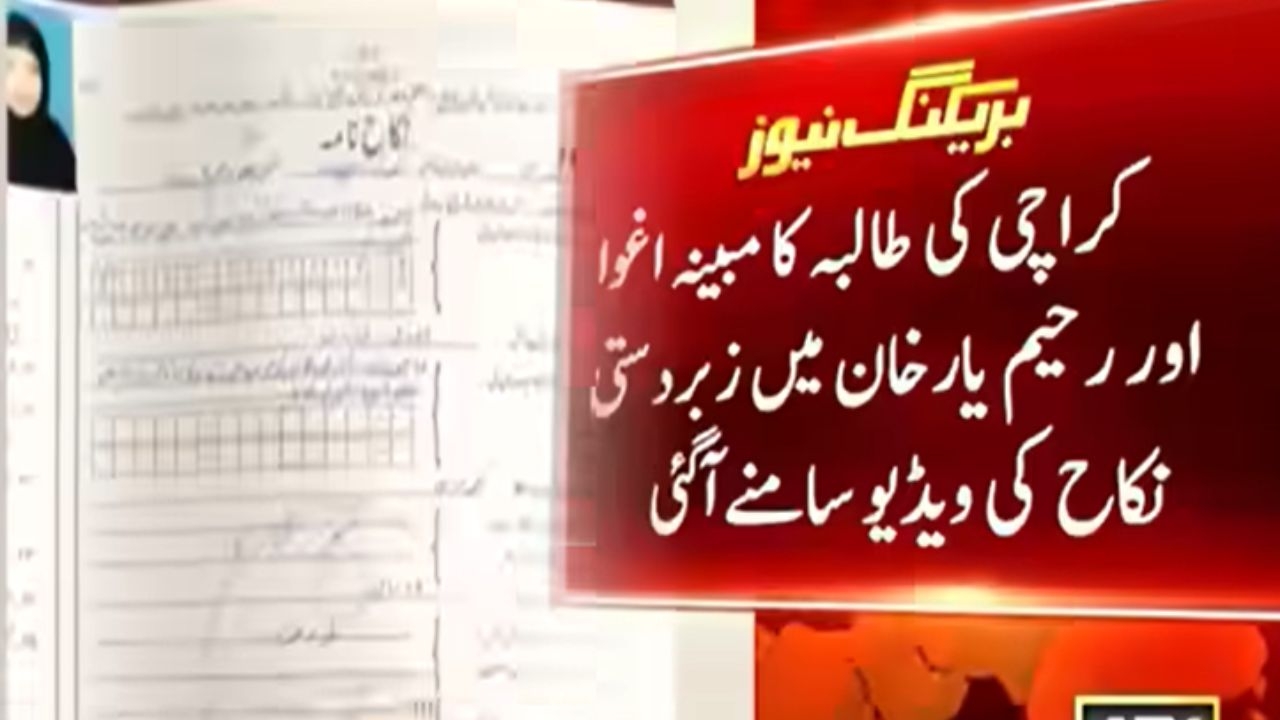No sweeping statements, no drama: Manmohan strikes a reassuring political presence in the Valley
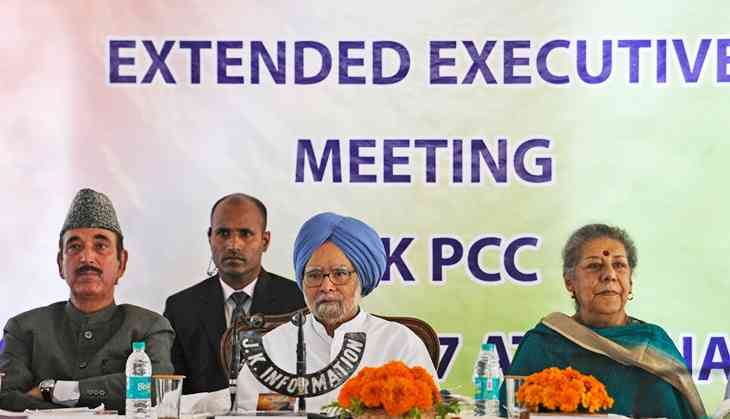
At one level, former Prime Minister Manmohan Singh evoked a degree of nostalgia in Kashmir. The past three years of the NDA-led rule in New Delhi have kept Kashmir on edge. Relentless efforts and noise to strip Kashmir of its special status, the latest of which being the legal challenge to Article 35A by an allegedly RSS-allied NGO, have built a largely favourable opinion about Singh’s 10-year rule.
So when the Congress delegation headed by Singh arrived in Kashmir on Saturday morning and talked to reporters about their engagements in the Valley, despite his frail figure and the barely-audible voice, he made for a reassuring presence.
Soon after the delegation's arrival, the group held an executive committee meeting of Jammu and Kashmir Pradesh Congress Committee at Hari Niwas. Singh went about his activities in his familiar inconspicuous way while Ghulam Nabi Azad did most of the talking. He batted for the talks with the separatists, saying the option shouldn't be closed and drew a comparison between his term as chief minister and the situation now.
“We had made south Kashmir militancy-free during my term as chief minister in 2007. But, where is south Kashmir today? It has deteriorated. No one is coming to Kashmir, no tourist. The number of ceasefire violations in these three years is more than the total in 10 years of UPA,” he said.
“So many soldiers have been killed, common people injured ...And the way small kids including girls have lost their eyes, it did not happen during our time,” Azad added.
Azad, however, refused to be drawn into the Article 35A controversy saying the issue had only recently come into limelight and therefore not been incorporated into their group's agenda when it was formed in April.
In the Valley, Azad’s evasion was understood as a deliberate attempt not to take a public position on the issue as it was approached differently in the state’s two major provinces – Kashmir Valley and Jammu.
However, the Valley desperately wanted the Congress to take an unambiguous position on the issue as it is the major source of the current unease among people, Home Minister Rajnath Singh’s recent assurance notwithstanding.
Picking sides
Tariq Hameed Karra, top J&K Congress leader, however, told Catch that the Congress was committed to safeguarding the Article 35A.
“There is no way we will allow its withdrawal. We can’t be ambiguous about this. It is Congress which gave special status and the Article 35A to J&K and how can we allow it to be taken away. There are no two opinions about it,” Karra said.
“State subject law in J&K already existed at the time of the independence. Article 35A guaranteed its continuance and was negotiated between the state and the Congress government at the Centre,” Karra added.
Karra said the team had met around 54 delegations to get a sense of the prevailing situation in the state. He added that the Congress had not invited anyone for the meeting and that everybody was free to meet them, even the separatists if they wanted to.
“It was a voluntary participation by the civil society groups. We didn’t extend an invitation to anybody,” Karra said adding that the current Congress engagement with the state was an ongoing process and will continue in future.
“This is only our first round. We have to go to Ladakh now. The process will continue and at the conclusion of it we will present a report to the party president,” he said.
Another senior Congress leader Ghulam Nabi Monga, said that in future the party could think of meeting the Hurriyat too. “But as of now, this is not on the agenda of the party. Meeting us was voluntary on the part of the political and civil society organizations,” Monga told Catch.
Making their points
Among the civil society groups which met the delegation was Kashmir Centre for Social and Development Studies headed by Dr Hameedah Nayeem, the wife of Hurriyat leader Nayeem Khan.
The organisation urged the Congress to float “a proposal in Parliament for the restoration of the pre-1953 position as a grand CBM to be followed by the final resolution through meaningful time bound tripartite negotiations”.
Singh, on his part, chose to only listen and not issue any statement, nor talk to the media. But he struck a chord as a throwback to a time when the Centre apparently tried to be sensitive, if not accommodative, towards the issues in the State.
“At least in Singh’s time, the central government wasn’t seen explicitly involved in or conniving with the forces out to undermine Article 370, albeit insecurities on these fronts persisted. And also the discourse was about the resolution of Kashmir, not its forcible integration into the country,” said local columnist Naseer Ahmad.
Singh's 10 years at the helm had also witnessed the most promising peace process between India and Pakistan which had nearly culminated into the resolution of Kashmir. At one point of time, as a resolution for Kashmir seemed within reach, Singh had famously talked of a time when people in India would be able to have “breakfast in Amritsar, lunch in Lahore and dinner in Kabul”.
Not enough?
There was some criticism of Singh too. Some people argued that despite making attempts and starting many initiatives on internal and external fronts to resolve the Kashmir issue, Singh had balked at taking these to their logical conclusion.
Besides holding substantive negotiations with Pakistan over the then Pakistan President Pervez Musharraf's four-point formula for Kashmir resolution, Singh had also set up five working groups and a three-member group of interlocutors to evolve a comprehensive response to the state's problems. But none of their recommendations were followed through.
“Didn't Manmohan Singh constitute five working groups on #Kashmir & then consigned their exhaustive reports to dustbin to fail autonomy to J&K?” senior journalist Ahmad Ali Fayaz tweeted.
He also criticised the renewed Congress exercise to get re-acquainted with the situation in Kashmir “Didn't Central agencies under his command brief PM Manmohan Singh about Kashmiris? Didn't JKPCC leaders tell him anything about Kashmiris?”
However, the Valley will certainly look forward to Singh’s report, particularly what it has to say about safeguarding the Valley’s special status and a solution to the current turmoil.
Edited by Jhinuk Sen
First published: 18 September 2017, 12:51 IST
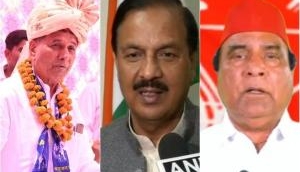
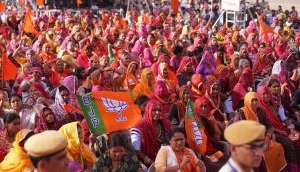

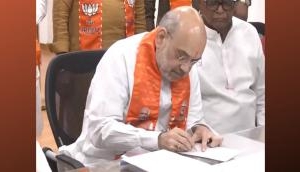
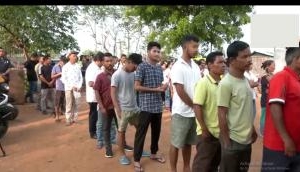
![BJP's Kapil Mishra recreates Shankar Mahadevan’s ‘Breathless’ song to highlight Delhi pollution [WATCH] BJP's Kapil Mishra recreates Shankar Mahadevan’s ‘Breathless’ song to highlight Delhi pollution [WATCH]](http://images.catchnews.com/upload/2022/11/03/kapil-mishra_240884_300x172.png)

![Anupam Kher shares pictures of his toned body on 67th birthday [MUST SEE] Anupam Kher shares pictures of his toned body on 67th birthday [MUST SEE]](http://images.catchnews.com/upload/2022/03/07/Anupam_kher_231145_300x172.jpg)


_251372_1280x720.jpg)
_251371_1280x720.jpg)
